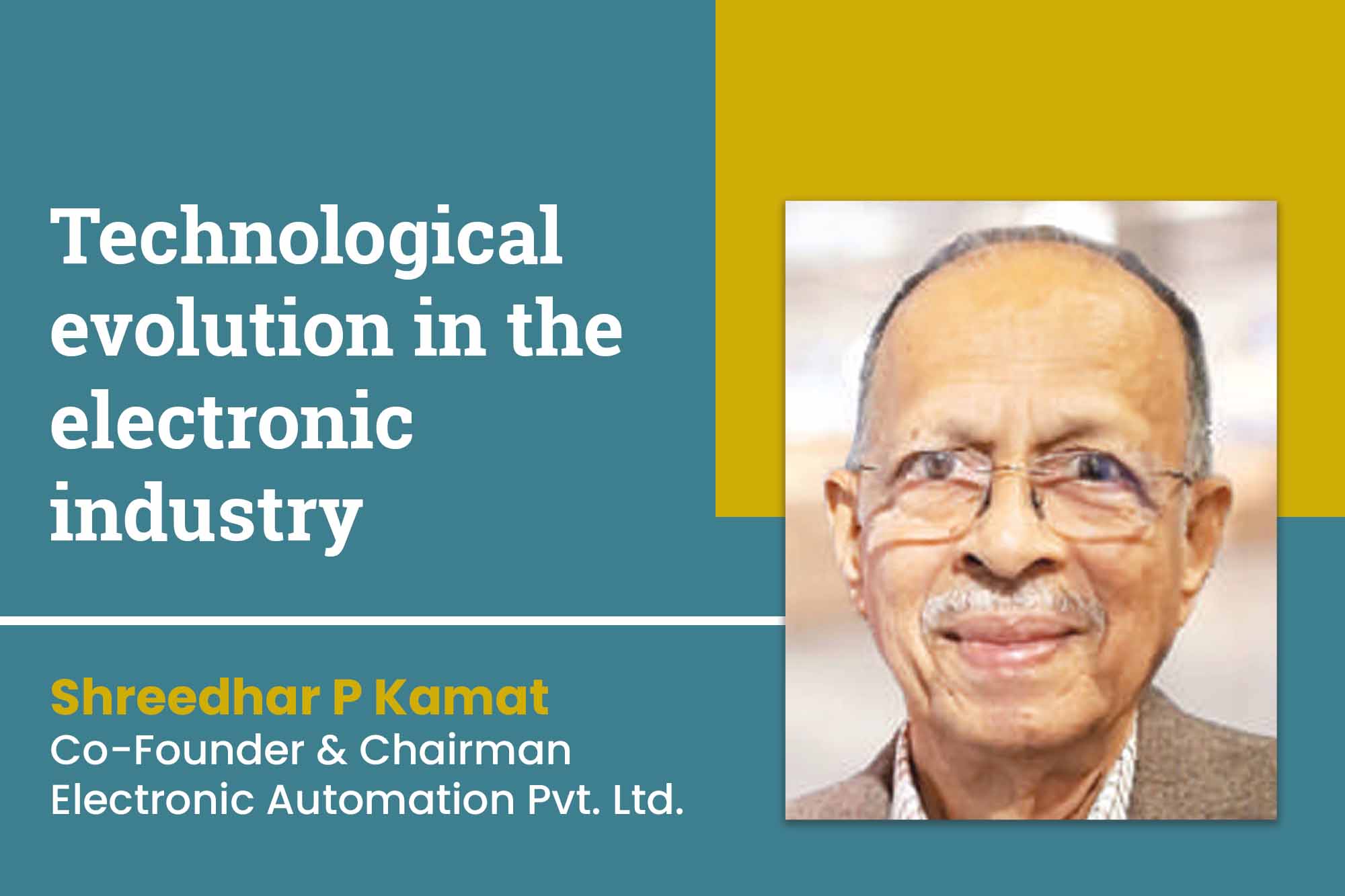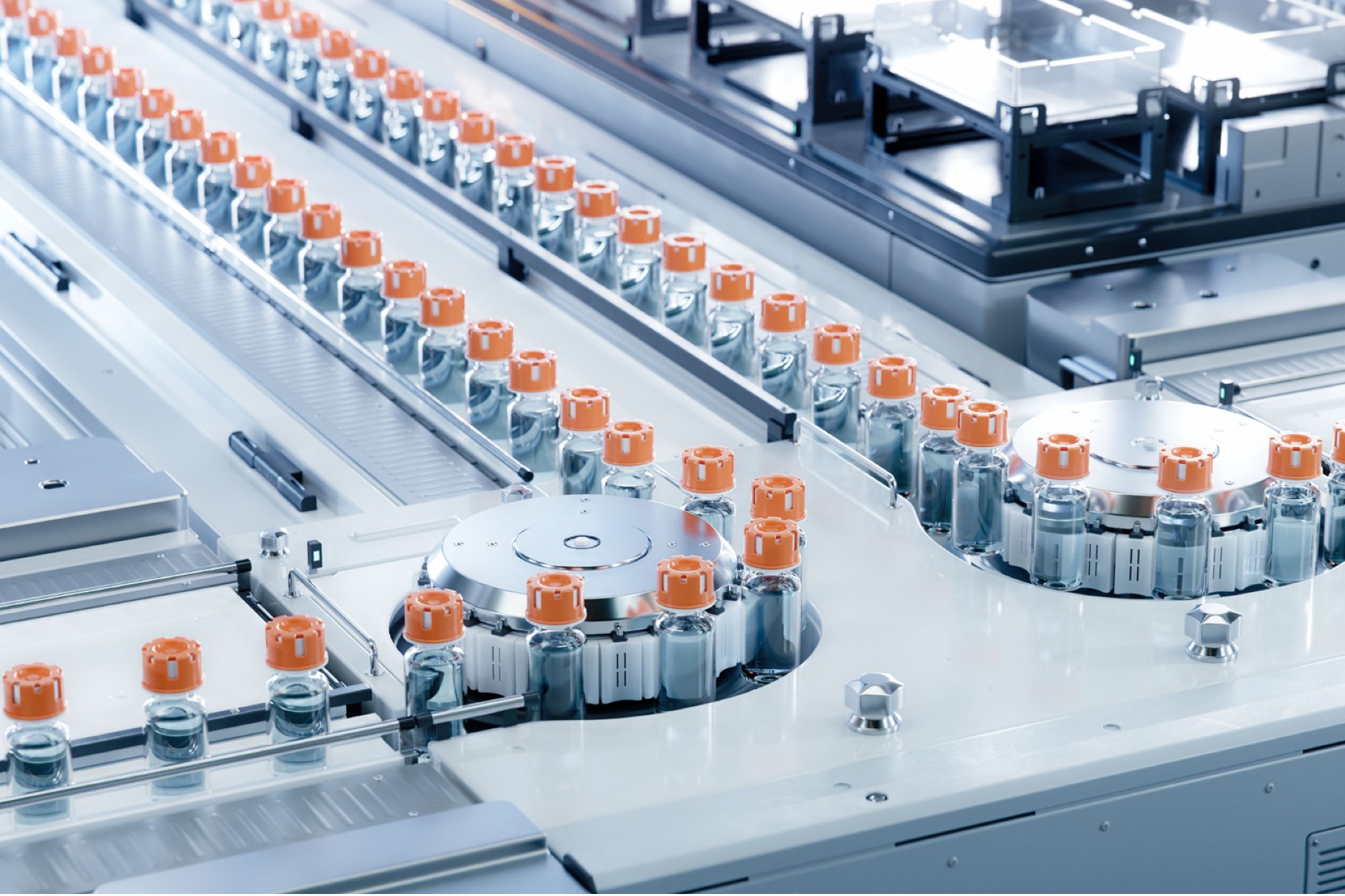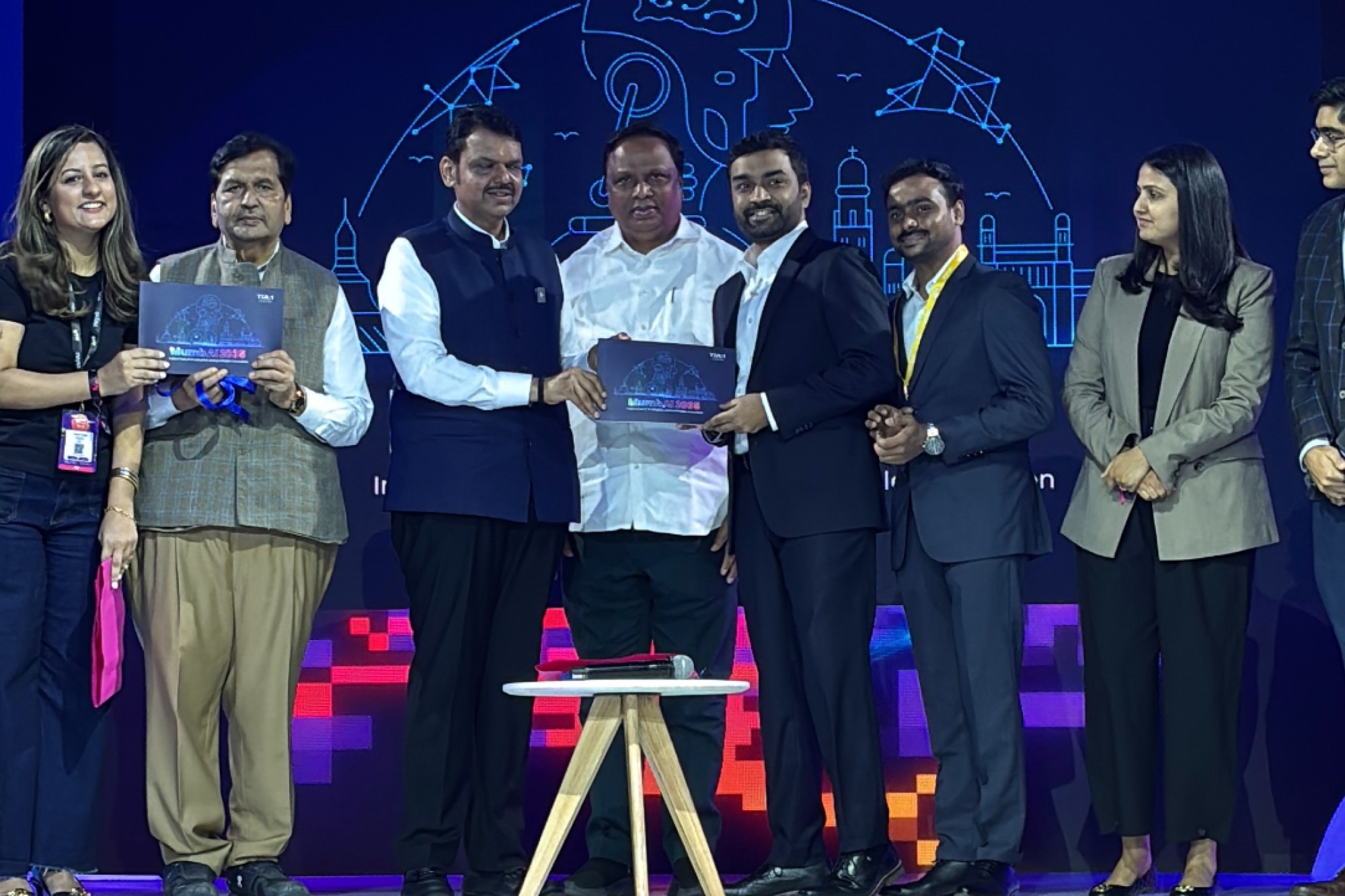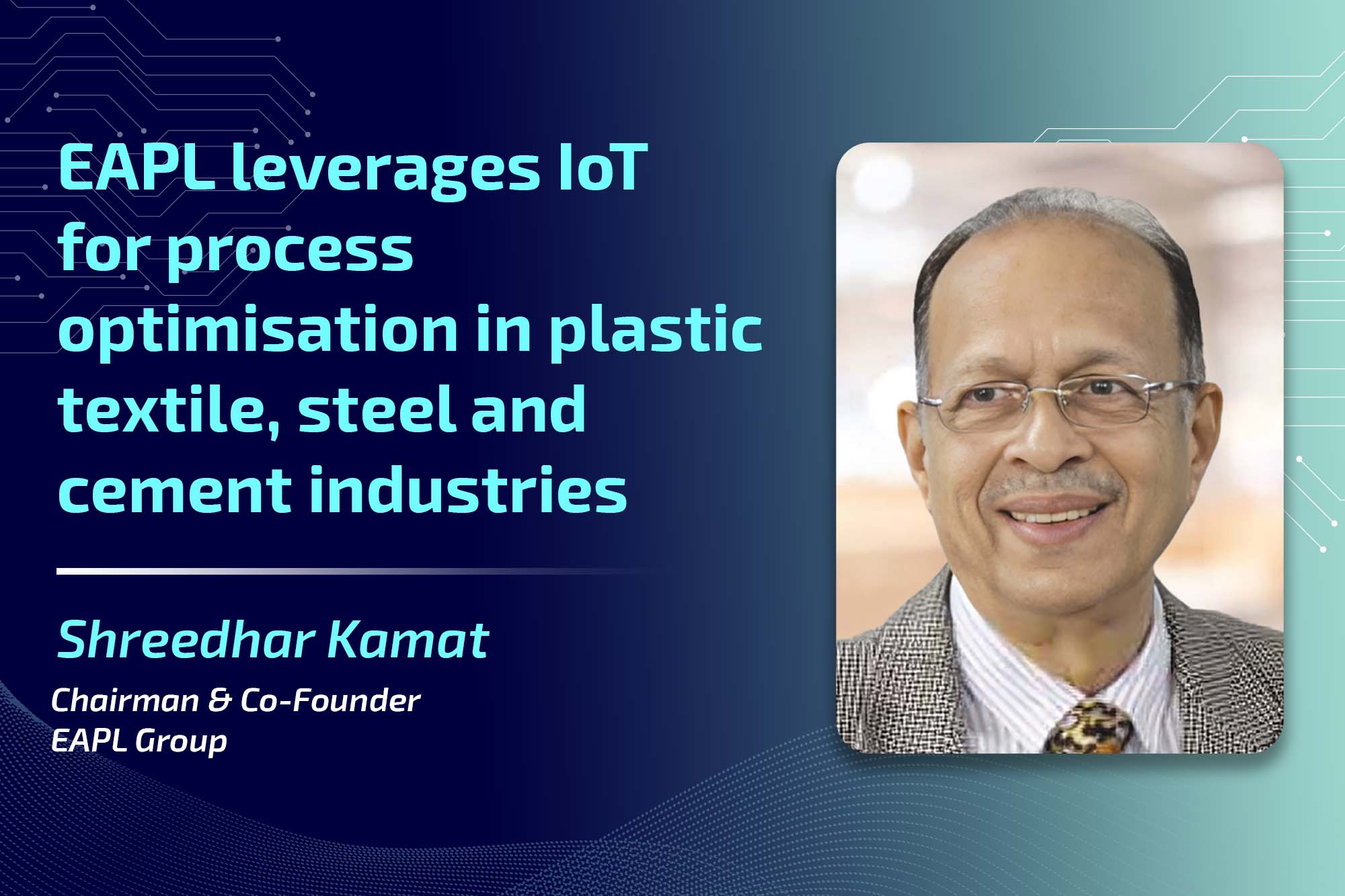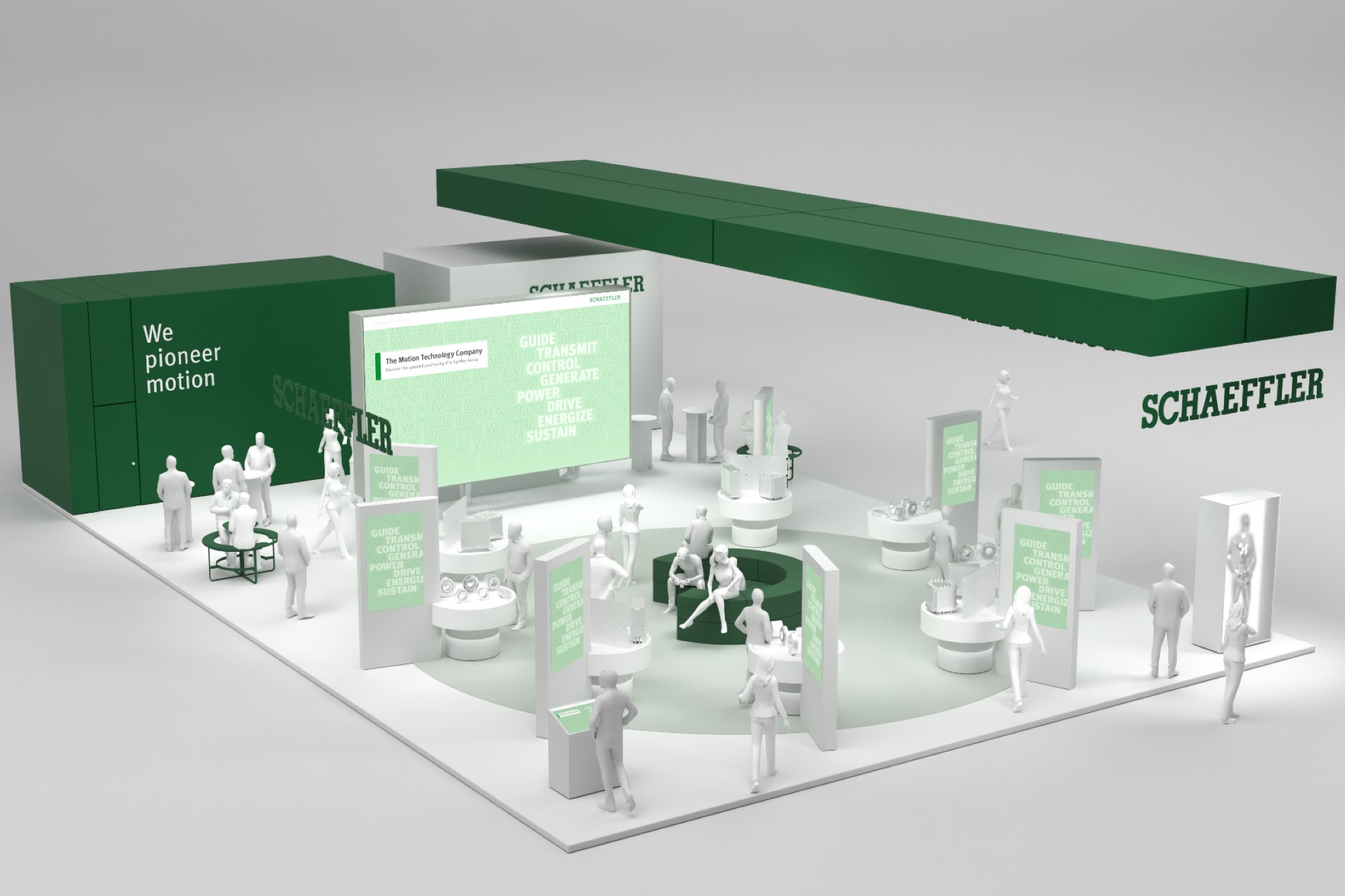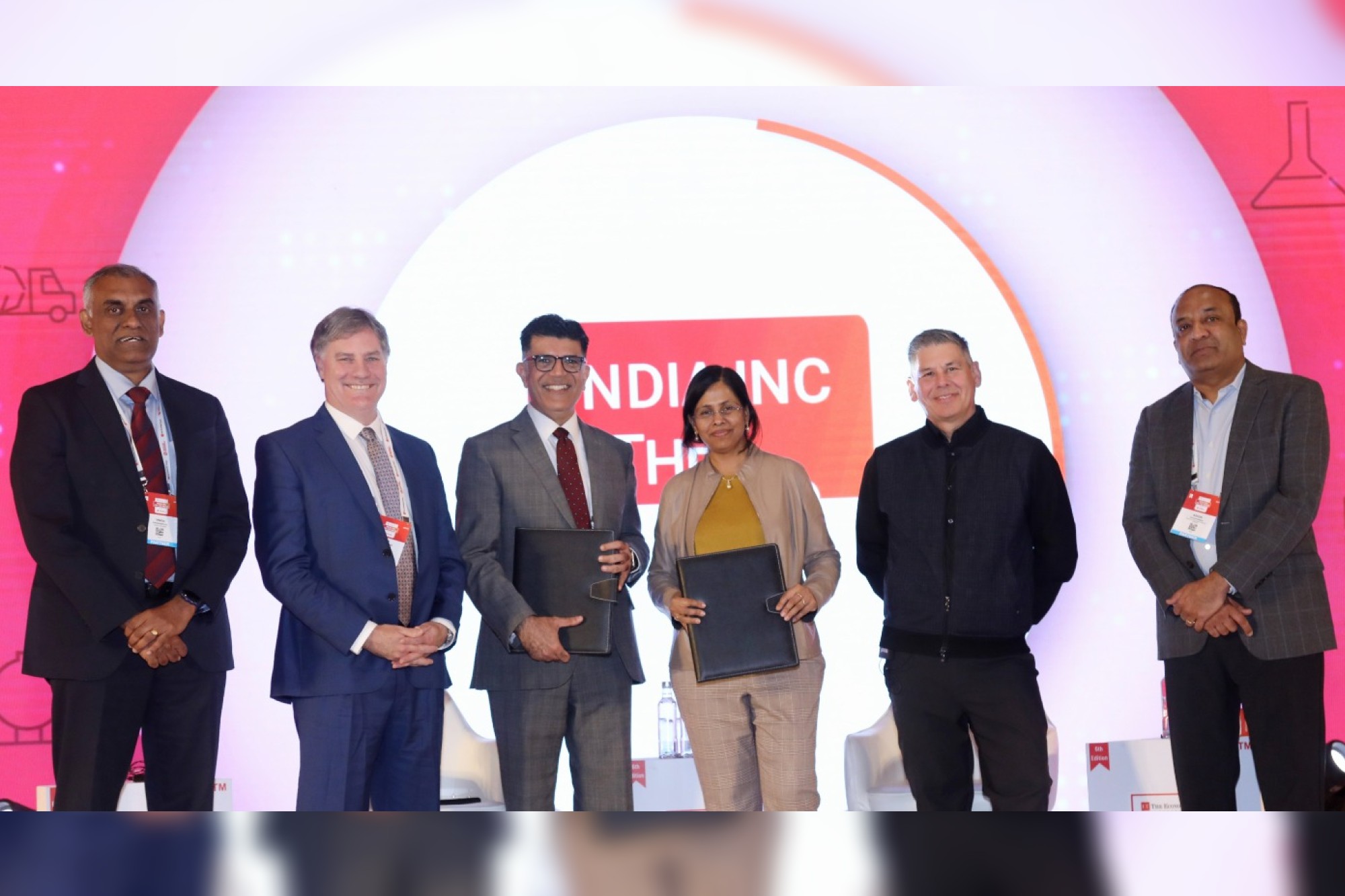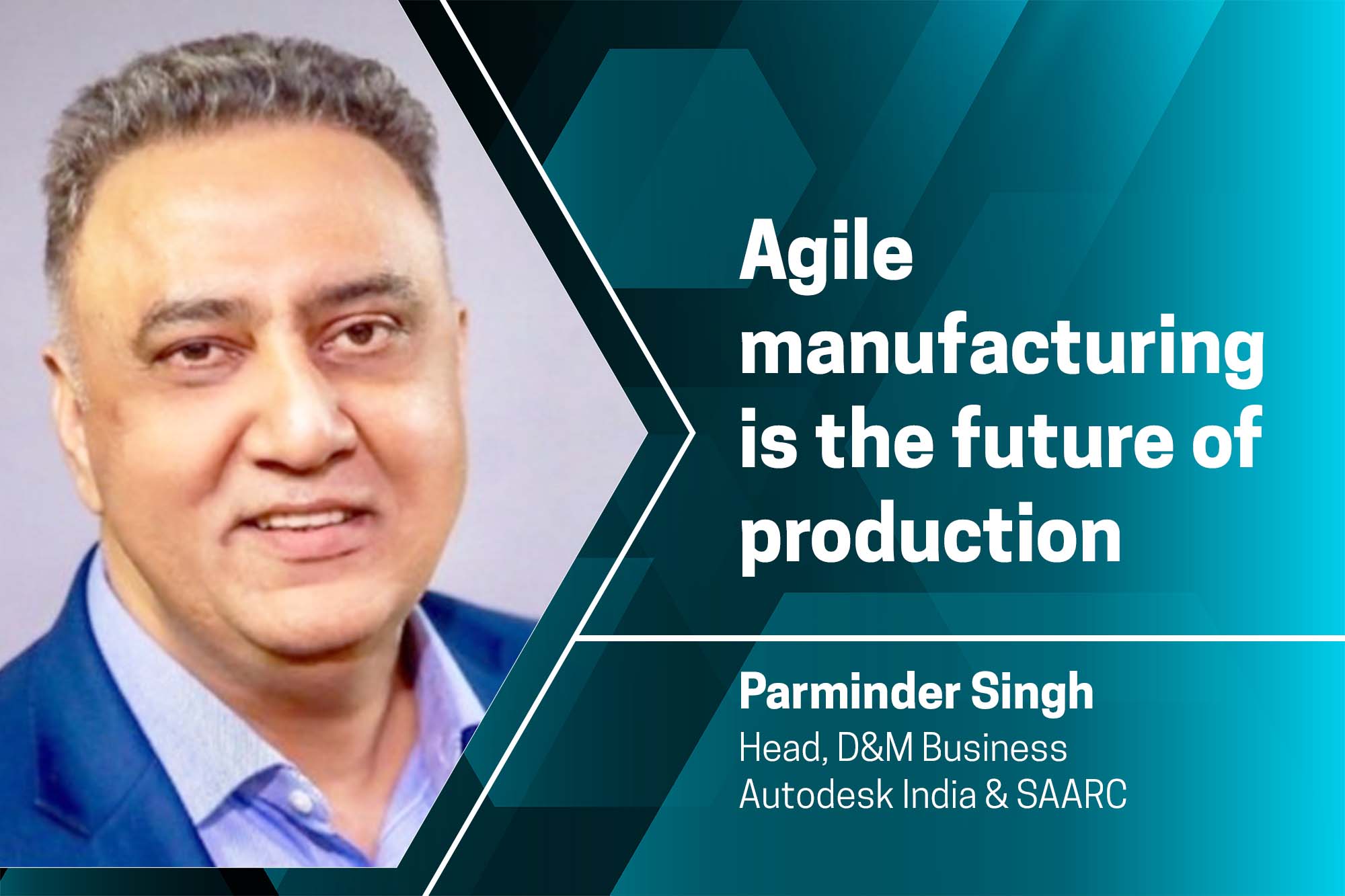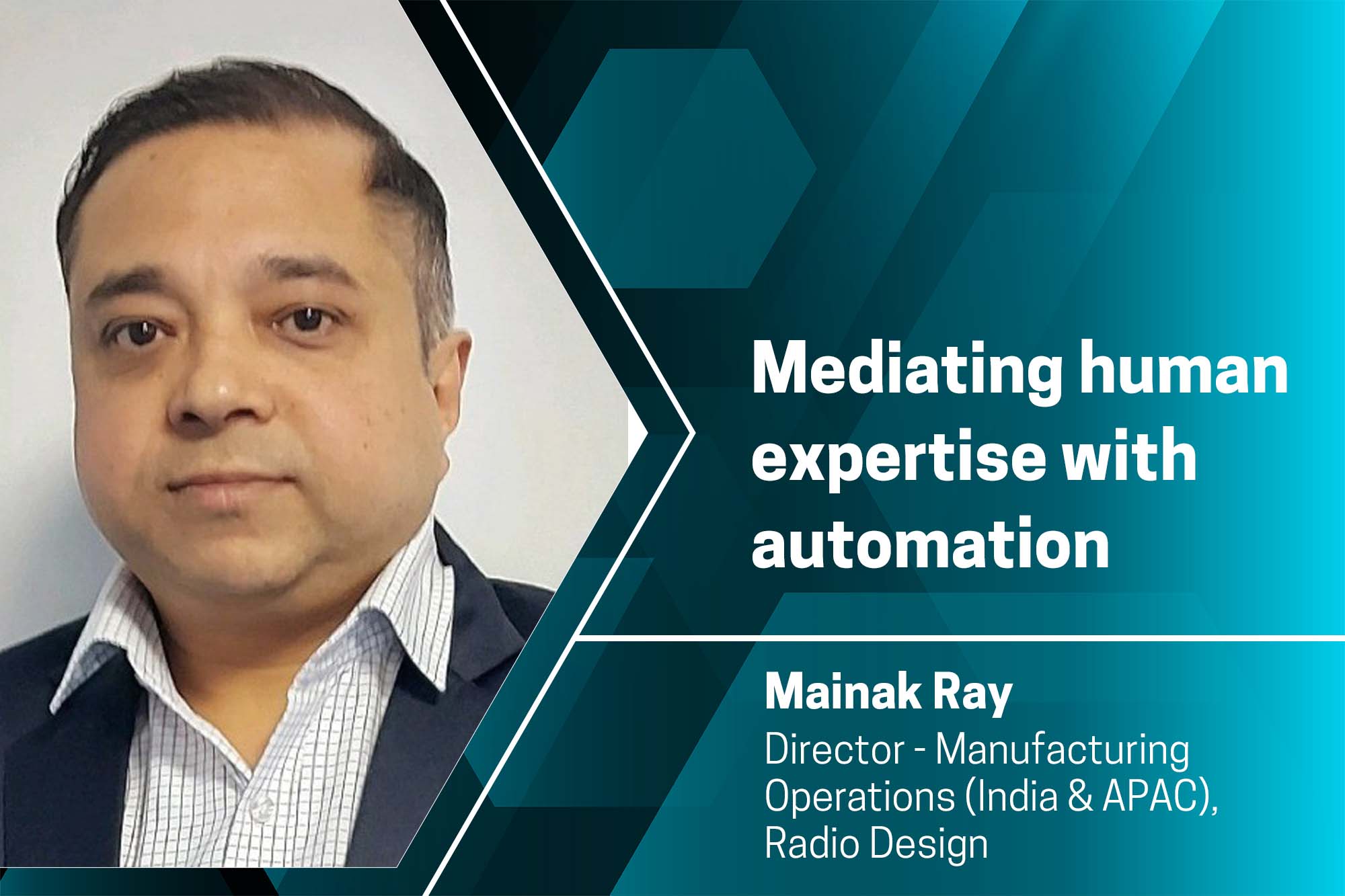Technological evolution in the electronic industry
By OEM Update Editorial April 1, 2024 3:10 pm IST
In today’s evolving electronic industry, EAPL, under the leadership of Shreedhar P Kamat, recognises the importance of staying true to core strengths while embracing emerging technologies. He says EAPL’s vision revolves around ‘Bridging the future through smart solutions,’ aiming to ride the wave of the industrial revolution by integrating precision, innovation, and reliability into its products.
What are the primary technological challenges that the electronic industry is currently confronting?
The global technological landscape is constantly changing in the rapidly evolving electronic industry. Consequently, companies may lose sight of their core strengths. Paying attention to these core strengths while striving to keep pace with modern technology is crucial. Essentially, we must maintain our identity, uniqueness, and values, thereby distinguishing ourselves as a fusion of technology and creativity, meeting the expectations of Industry 4.0. This enables us to contribute to accelerating Industry 4.0 towards higher values.
Please discuss automation, digitalisation, and electrification synergy in industrial production.
Industry 4.0, the Fourth Industrial Revolution (4IR), represents the next phase in manufacturing digitisation. It is driven by disruptive technologies such as data connectivity, analytics, human-machine interaction, and robotics. Building upon the digital revolution, Industry 4.0 introduces foundational disruptive technologies like cloud computing, IoT, advanced analytics, AI, robotics, and renewable energy. This revolution enhances accessibility, productivity, efficiency, and sustainability across the value chain. Successful adoption requires engaging the workforce, fostering skill development, and embracing sustainability for long-term resilience and competitive excellence.
Could you detail EAPL’s future vision regarding adopting emerging technologies and creating new products to satisfy changing customer needs?
The vision of EAPL is ‘Bridging the future through smart solutions’, and the mission is ‘Riding the wave of the Industrial Revolution, propelled by precision, innovation and reliability, while immersing deeply in the fundamentals of electronics’.EAPL specialises in manufacturing standard electronic instruments for industrial applications, ranging from timers to energy meters. While our products align with Industry 3.0 standards, we’re transitioning toward 4.0. We are expanding our product offerings to meet evolving customer needs by embracing IoT-enabled services. We’re standardising products, scaling up production, and ensuring competitiveness by adopting cutting-edge technologies and enhancing operational efficiency. We focus on integrating new machines, accelerating innovation, and delivering value to customers in an ever-evolving market landscape.
How has EAPL expanded its product range to become a formidable player in the global switchgear market?
EAPL’s product portfolio now extends beyond timers to include annunciators, energy meters, time switches, temperature controllers, IoT solutions, protection relays, counters, and power supplies catering to diverse applications in control panels, cement, textiles, automation, and infrastructure sectors. Our strategic approach involves targeting vertical markets and expanding our sales channels globally. Leveraging our four-decade track record of quality, cost-effectiveness, and customer service excellence, we’re positioned for success in the international arena. By nurturing partnerships and exploring export opportunities, we aim to solidify our position as a global player in the switchgear industry.
How can manufacturing companies tackle the issue of increasing production costs to maintain sustainable growth in the global market?
Escalating production costs pose a significant challenge for Indian manufacturing companies. To ensure sustainable growth in the global market, companies must focus on standardisation, mass production using advanced technologies like SMT, implementing robust quality systems, and investing in skill development. ERP resource management and data analysis solutions can optimise operations and reduce wastage. Moreover, adhering to international quality standards enhances product reliability and customer satisfaction, paving the way for sustainable growth amidst cost pressures
Cookie Consent
We use cookies to personalize your experience. By continuing to visit this website you agree to our Terms & Conditions, Privacy Policy and Cookie Policy.



